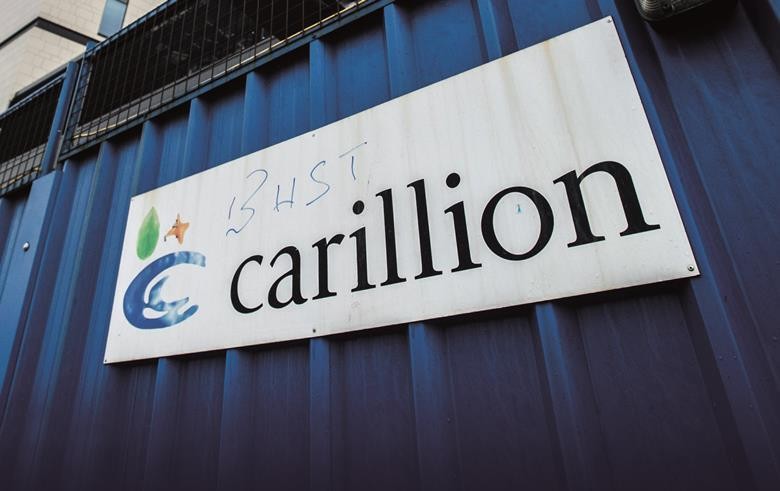Bruges Group Blog
Carillion and Corporate Governance.
The government is in the process of reviewing what needs to be done to prevent such corporate collapses happening again, and is in receipt of substantial petitions on the subject. The prime focus of the protests and review is on whether the auditors could and should have picked up the warning signs and issued a qualified audit report on the basis that Carillon was no longer a going concern. So the first point to make is that even if they had the damage may have already been done and if so probably nothing would have been different. I don't know if the warning signs were there at the time of the most recent audit anyway, but if so that would be a simple failure in practice that could always occur.
One proposal being pushed is that audit firms be split up with their tax and consultancy arms floated off separately. I qualified as a Chartered Accountant with one of the big firms in London in the early 1970s, and shortly after transferred to the management consultancy division. The first thing I noticed is that it was not a division at all. It was a completely separate practice trading at arms-length from the main firm. Indeed there were some audit partners who would not let us management consultants anywhere near their clients! The audit partners who did pass work to us saw their role as being able to offer a wide range of services to their clients which they could oversee on behalf of their client. There was nothing financial in it for them then, and I do not suppose that has changed since.
So is there a problem here, or are we just looking for scapegoats? I think there is.
For an auditor to qualify an audit report is a hugely damaging decision for both of them, and to do so on the basis that the client is no longer a going concern is incendiary. It takes a lot of courage. So the larger and more significant the client the more difficult the decision. Some people have proposed that the big firms be broken up into smaller practices, but that would just make the client significance problem even greater, and the question of ancillary services is not even relevant. The other suggestion being bandied about is for an audit watchdog, some sort of auditor's auditor, or for auditing by state auditors. Neither of these suggestions it seems to me addresses the actual problem, and would just add complication and cost and almost certainly a deterioration of service. Yes, state auditors would be more independent, but the cost to the taxpayer would be huge and could not possibly be justified.
However there is another possibility and that is the creation of Shareholder Supervisory Boards (SSBs). I have recommended these separately in relation to fat-cat pay and over-ambitious mergers and acquisitions. Responsibility for appointing and reviewing the auditors is an obvious addition. It would change the relationship between the Directors and Auditors completely, making it much more arms-length, and would create a much more proactive relationship between the Shareholders and Directors. The half dozen or so largest shareholders on the register at any time could comprise the Board, together with the Chairman, MD, FD and one Non-exec, and where significant government contracts are involved a government representative could be included too. Key decisions have to be made much more quickly these days than can be deferred to all of the shareholders in general meeting, and in any case it is the Directors who get to draft the resolutions. An SSB could make quick interim decisions and approve the resolutions first.
I would also change company law to make the shareholders supreme once again. Even today Directors can over-rule the shareholders on key decisions including resolutions about their own pay. This goes back to the 1890s when the Bank of Glasgow went bust and everyone asked why the shareholders had made such bad decisions. It turned out that most shareholders in those days were retired vicars and little old ladies and so on who had no professional training at all, so it made sense to give the Directors the final say. Today the situation is completely different with most shareholders being highly proficient asset and pension fund managers. Time to repeal this one.
Finally there is the question of limited liability. I am extremely surprised that the risky contracts that brought Carillion down were not being conducted through subsidiaries with limited liability. The conglomerate structure that you will find in most large companies is designed to do this so that if one subsidiary goes bust the rest of the group is unaffected. Bad luck on the creditors of the subsidiary of course as they have no recourse to the holding company or the rest of the group for restitution, but it makes sense overall. If a subsidiary is considered to be taking on too much risk there are always insurance options available. Where significant government contracts are involved a government representative could also be included on the SSB thereby allowing extra scrutiny of risks being faced and of measures to offlay them.
Contact us
246 Linen Hall, 162-168 Regent Street
London W1B 5TB
Director : Robert Oulds MA, FRSA
Founder Chairman : Lord Harris of High Cross





